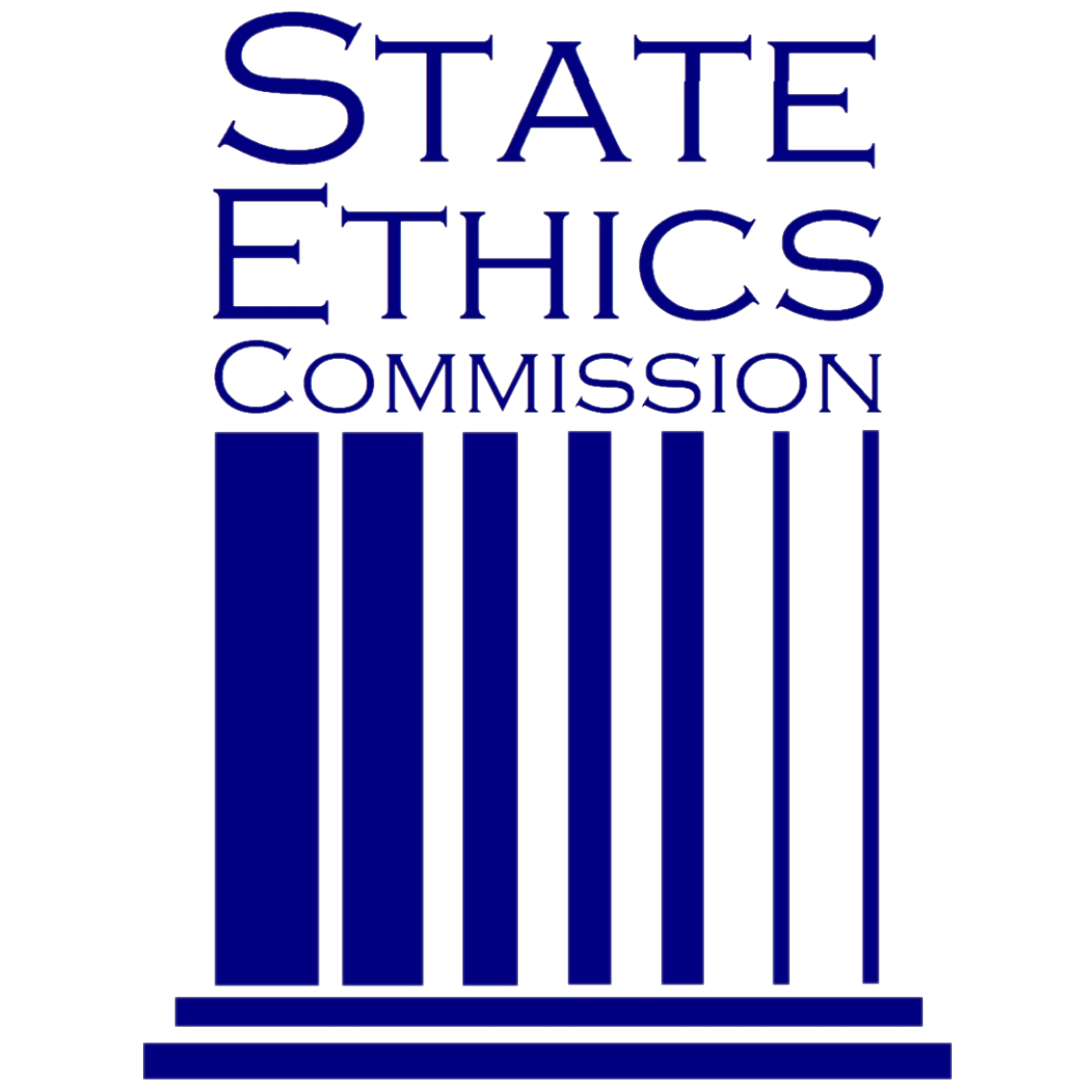- David A. Wilson, Executive Director
Media Contact
Gerry Tuoti, Public Information Officer
Boston, MA —
Former Weston Selectman Douglas Gillespie has admitted to violating the conflict of interest law on multiple occasions including by repeatedly participating as a selectman in matters affecting a proposed affordable housing development on property owned by him and his brothers, directing that Board of Selectmen meeting minutes be altered to conceal his conflict of interest, and using his selectman position provide his family an advantage in negotiating a sale of the property. Gillespie paid an $8,000 civil penalty for his violations.
In 2016, the town of Weston sought to increase its affordable housing stock and began negotiating with private developer Boston Properties concerning a proposed affordable housing development. The Board of Selectmen considered a potential Town Meeting warrant to lift a development restriction on the property to allow the Boston Properties proposal to proceed. In December 2017, Gillespie and his three brothers began exploring the potential sale of approximately 62 acres of land they owned to a different private developer who was interested in buying their property for a competing proposed affordable housing development. While Gillespie and his brothers were working toward an agreement with the other developer, Gillespie repeatedly participated as a selectman in discussions concerning the competing Boston Properties proposal.
After the developer signed an agreement in August 2018 to secure an option to purchase the property Gillespie and his brothers owned, Gillespie continued to participate in matters involving the affordable housing proposals, including approving the town planner’s response to an email a town resident sent expressing concern about Gillespie’s involvement in the affordable housing proposals. In October 2018, Gillespie directed the assistant to the town manager to remove references to the property he and his brothers owned from the draft minutes of a February 2018 executive session of a Board of Selectmen meeting, stating that any mention of the matter by him was “not for public consumption because it creates a conflict of interest.”
Using his selectman’s email account, Gillespie forwarded his family members and their attorneys letters of opposition from two abutters and a letter of support from the town’s Affordable Housing Trust within minutes of receiving them. Weeks before Gillespie and his family signed a purchase and sale agreement to sell their property, Gillespie had also forwarded them emails from the town manager containing discussions on affordable housing proposals and one email containing confidential legal advice from town counsel.
The conflict of interest law bars municipal employees from officially participating in matters in which they or their immediate family have a financial interest. Gillespie violated this legal prohibition by participating as a selectman in discussions regarding whether to lift the development restriction for the Boston Properties affordable housing proposal, as he and his family had a financial interest in a competing proposal. He also violated this prohibition when he approved the response to an email concerning his involvement in affordable housing matters.
In addition, the conflict of interest law prohibits public employees from using their official positions for private gain. Gillespie violated this prohibition by using the authority of his selectman position to direct that meeting minutes be altered to conceal a potential conflict of interest law violation and by providing his family members and their attorneys with nearly instant access to emails containing information about opposition, support, and proposals that would compete with their own plan.
The conflict of interest law also prohibits public employees from improperly disclosing confidential materials acquired through their official positions or from using such material to further a personal interest. Gillespie violated this legal prohibition by providing his family members and their attorneys with an email containing confidential legal advice from town counsel.
Gillespie’s participation as a selectman in affordable housing matters also violated the section of the conflict of interest law that addresses appearances of conflict of interest, as it created the impression that his private connections to a proposed affordable housing development would unduly influence his official actions.
The State Ethics Commission is charged with civilly enforcing the conflict of interest law, G.L. c. 268A. When three or more of the Commission’s five members vote to find reasonable cause to believe a public employee has violated the law, they can authorize adjudicatory proceedings to determine whether the violation occurred. The public employee then has the opportunity to enter into a public Disposition Agreement rather than exercise his or her right to a hearing.
The Commission encourages public employees to contact the Commission’s Legal Division at 617-371-9500 for free advice if they have any questions regarding how the conflict of interest law may apply to them.
###
